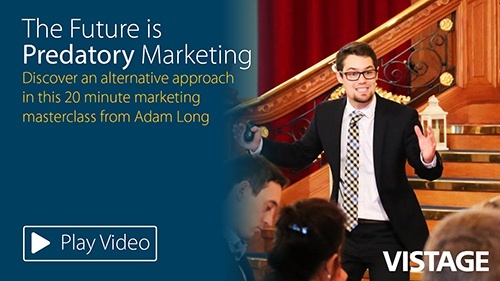
What is a brand?
It’s a simple enough question, but now and then we meet someone who has to ask it; someone who isn’t sure if their business has a brand, or whether it should have one at all.
Just as every person has a personality, the fact is every business has a brand – whether it accepts the fact or not. The practical question for owners and managers is “what is my brand, and how do I manage it?”
More than just a logo
Everything a business does, and every interaction it makes with customers, represents a building block for that business’ brand. Over time, these actions build brand equity - the significance and impact of the brand’s name.
Brand equity can be positive or negative - sometimes both at the same time. Amazon has positive brand equity as an e-retail giant selling more or less anything and delivering it fast. It also has negative brand equity as an avoider of taxes and an exploiter of workers. Amazon is attempting to shift its brand equity by paying more taxes in countries where it operates and soliciting feedback from its staff. Brand managers at Amazon have decided to directly address the issues which give them a bad reputation.
Every aspect of a business’ operations builds brand equity. Consider the recent news story about temporary receptionist Nicola Thorp being sent home for not wearing high heels. This might seem like a storm in a teacup, but the way her superiors at Portico handled the matter made the company appear discriminatory, when they were going for ‘stylish, classy and professional’. Their clients, PWC, didn’t come out well either - their statement that this was Portico’s problem suggests they’re avoiding responsibility. Both brands’ equity shifted toward the negative - all because of a pair of shoes.
Branding isn't just about your company's rules and regulations; it's about how you enforce them. It’s part of your marketing strategy, but it directly influences policy, development, and even partnerships. To an extent, when it comes to branding, your business is only as good as the people it does business with.
Brand equity – so what?
Brand equity matters, because positive brands are profitable brands.
Research published by the American Marketing Association indicates a direct relationship between brand equity and customer acquisition rates, retention rates and profit margin. The better known your brand is, the better it performs in the marketplace - so it pays to nurture brand reputation as a key to wider success. A brand should be treated as a strategic entity within a business, which can be used to achieve defined goals - growth, influence, profitability.
When McDonald’s bought a 33% stake in Pret A Manger in 2001, they were buying a brand with a different reputation, different values and a different customer base from their own. McDonald’s is a massive brand with mostly positive equity. Rather than reinventing some of their outlets and products, chasing a different consumer base and potentially alienating their existing customers, they invested in a brand which enabled them to expand sideways, growing without undoing their previous branding efforts.
L’Oreal’s takeover of The Body Shop in 2006 demonstrates the power of brand equity in a slightly different way. The Body Shop brand represents natural, ethically-manufactured cosmetics, very different from L’Oreal’s connotations of personal status, style and entitlement. By investing in The Body Shop, L’Oreal demonstrated an interest in its ethical values, as well as its market share and retail presence. L’Oreal’s brand equity is improved by association, without the cost and hassle of changing anything they already do.
Branding is ultimately about reputation and consumer base: who knows that your business exists, and what do they think about you? Cultivating a good reputation by building positive brand equity and carefully choosing your partners pays off. It attracts and retains customers, and it builds profits. You’re business has a brand, whether you like it or not. Make sure it’s one that works.
More from The Marketing Centre:
Brand audits, brand values and your brand’s value
Why branding is essential in attracting and keeping the right employees
More from Vistage:
Our gift to you...
Apply now for your personal leadership consultation with a Vistage Chair. They'll help you assess areas of strength of your business and identify areas of potential growth.

